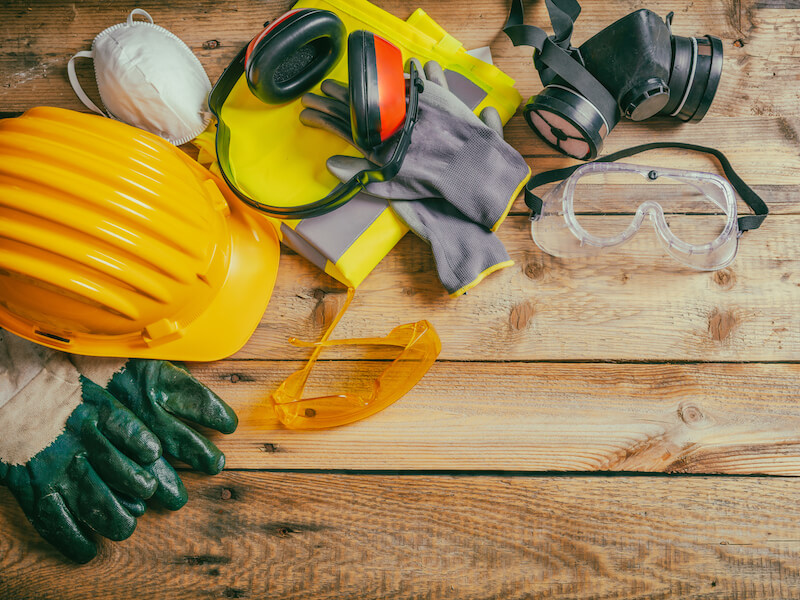
Each year, about 2 million workplace injuries are reported. When you think of on-the-job injuries, you may think of flying objects or a hand pulled into a piece of machinery at a factory.
But the most common workplace injury is far more pernicious and often goes unreported. Over the course of several years, it will sneak up slowly on people. The injury goes undetected until the symptoms become impossible to ignore. Excuses are a normal reaction. “It’s just part of the aging process” or “It’s a temporary problem”. This isn’t unusual.
Many individuals don’t even realize it was brought on by their workplace environment.
The insidious injury is hearing damage. There are several warning signs you should identify, and there are important steps you need to take if you think the damage is already done.
Exactly When Does The Volume Become “Too Loud”?
Your hearing can be irreversibly damaged with sustained exposure to as little as 85 decibels (dB) over a long period. Seventy-five dB, for example, is the average volume of a vacuum. A lawnmower delivers 85 dB. A leaf blower or chainsaw generates more than 100 dB. And the volume of a gunshot logs in at 140 dB.
Are you at risk when you’re at work? Are you being exposed to the most common workplace injury? If you’re frequently exposed to something as loud as a lawnmower, even if it’s not continuous, your hearing can become damaged over time.
Hearing Damage Signs
If you work in a loud environment, there’s no question you’re damaging your hearing.
What follows is are early warning signs that you’re dealing with hearing loss:
- You can’t understand the person speaking if there’s background sound.
- You hear ringing, hissing, or whistling even when it’s quiet.
- Conversations sound muffled.
- People are always complaining about the high volume of your media devices.
- You confuse consonants – “Todd” sounds like “Dodd,” for instance.
- You suspect people speaking to you are constantly mumbling.
- You regularly ask people to repeat what they said.
- You tend to withdraw when people are talking.
- Loud noises cause pain in your ears.
What Are Employers Doing to Reduce Hearing Damage?
Businesses and organizations are utilizing the most recent technology to reduce workplace noise in excessively loud settings. Workplace noise will be lessened as new recommendations are being put in place by governments to protect workers.
As more employees become aware of the recurring damage they have endured as a result of workplace noise, they are speaking out. In time, their voices will bring about further change.
Preventing Further Damage
Protecting your ears before they are damaged is the smartest plan if you work in a loud environment. Wearing protective earmuffs or earplugs while at work will help reduce potential damage.
Make an appointment for a hearing examination as soon as possible if you think a noisy workplace has caused injury to your hearing. You will discover how to avoid added damage when you determine how much hearing damage you’re dealing with. We can help you develop strategies to avoid additional hearing loss and deal with the damage you’ve already experienced.

